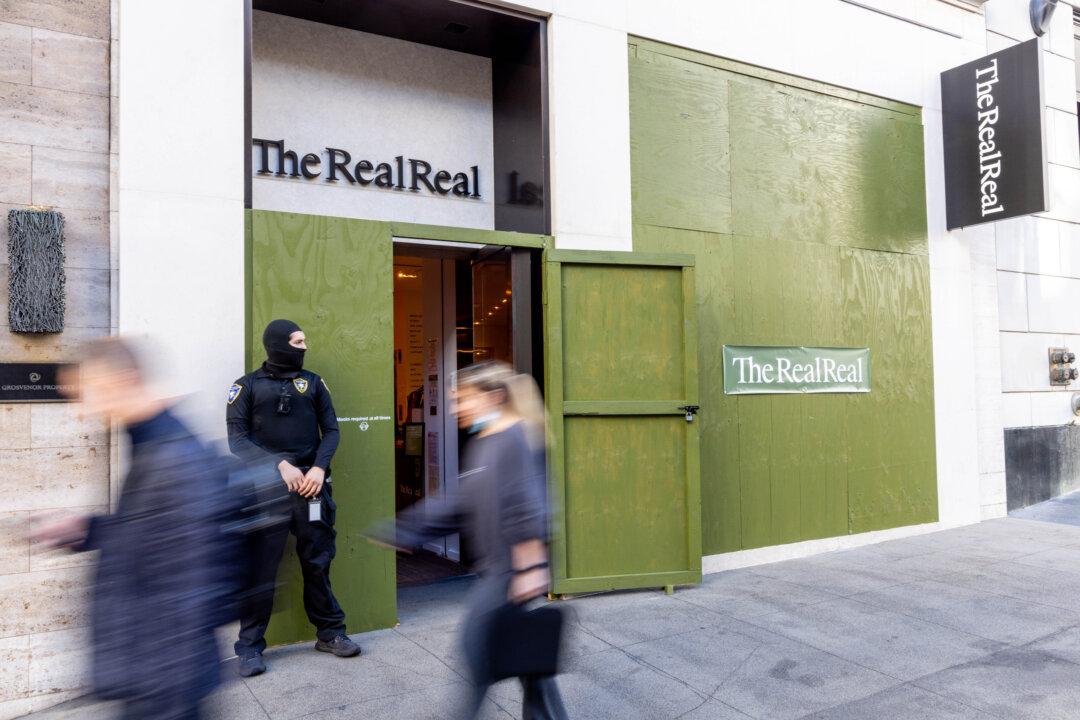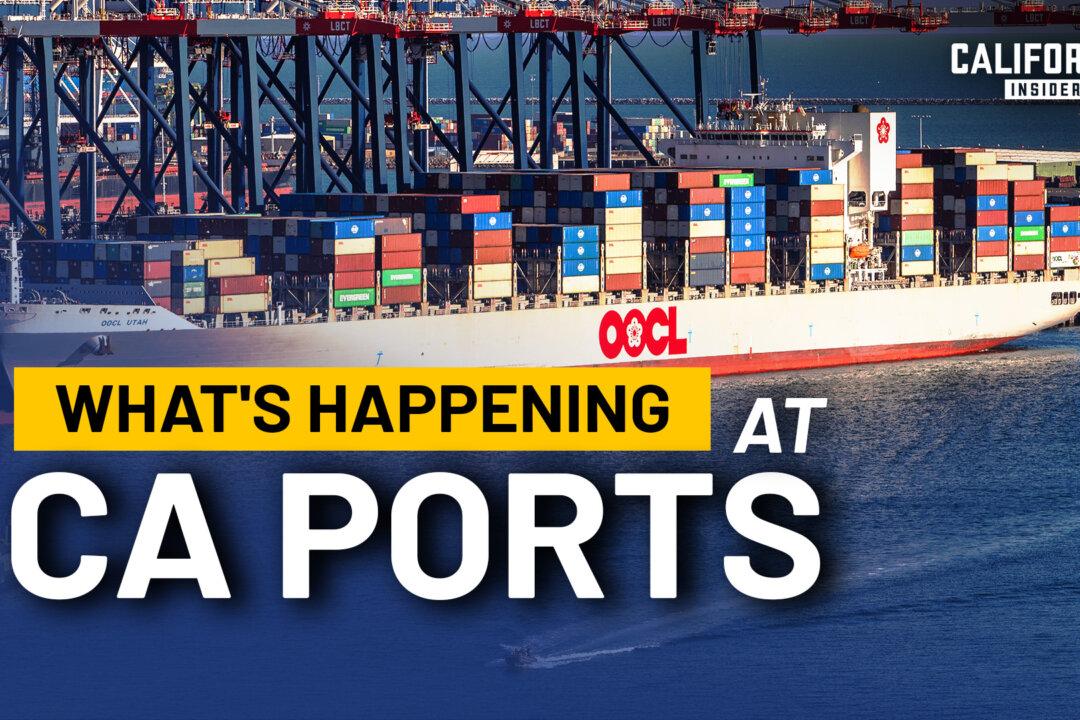The coalition behind Proposition 36 says the initiative, if passed by California voters on Nov. 5, would “fix some of the unintended consequences” of 2014’s voter-approved Proposition 47, which downgraded some theft and drug crimes to misdemeanors.
Organizers, led by the California District Attorneys Association, said the initiative would amend Prop. 47 to hold repeat retail theft and drug criminals more accountable while incentivizing treatment over jail time for drug users and sellers.





